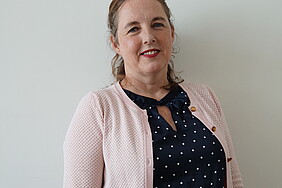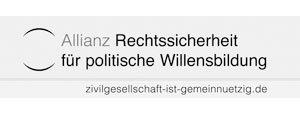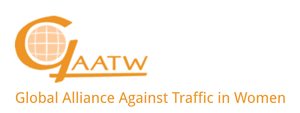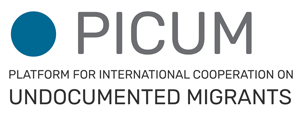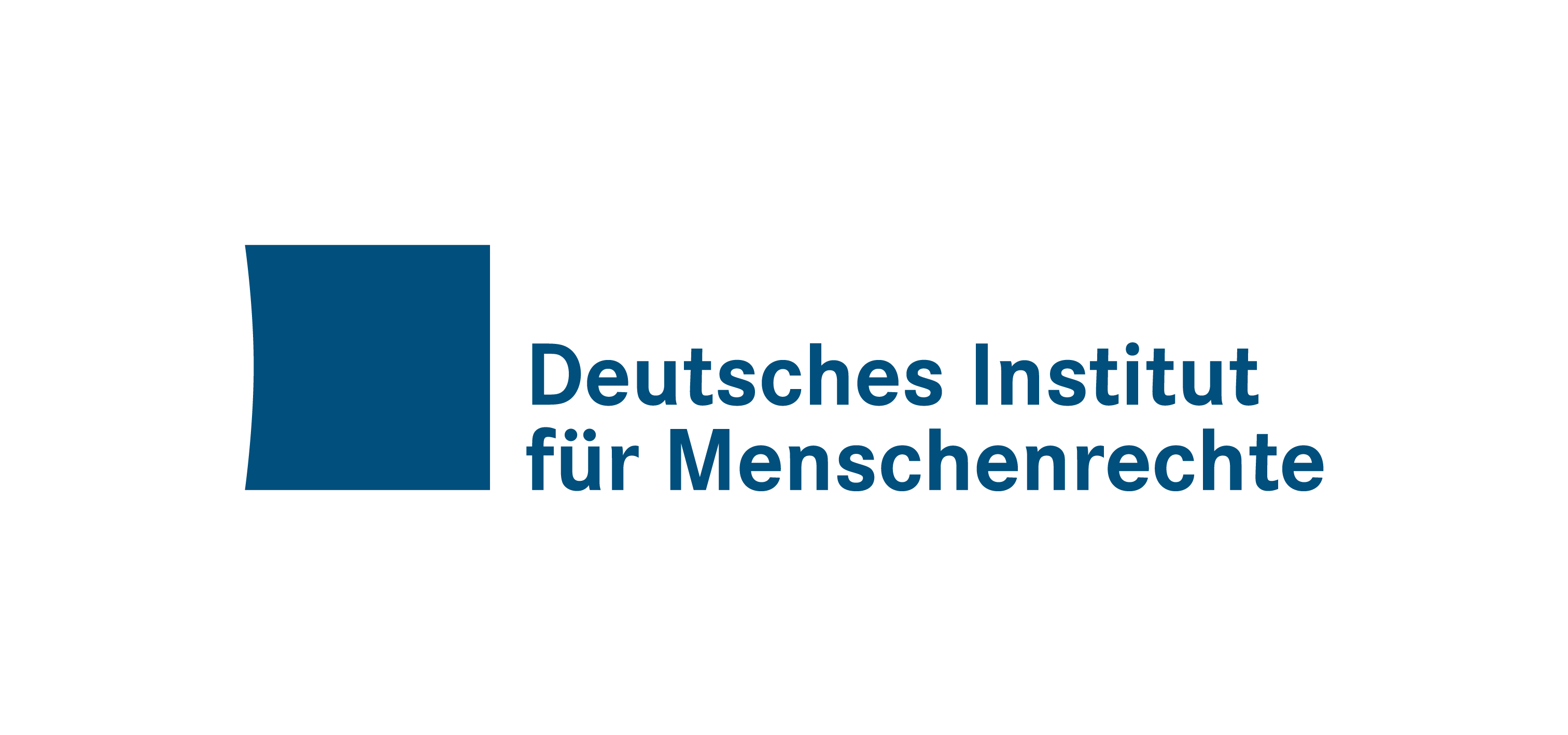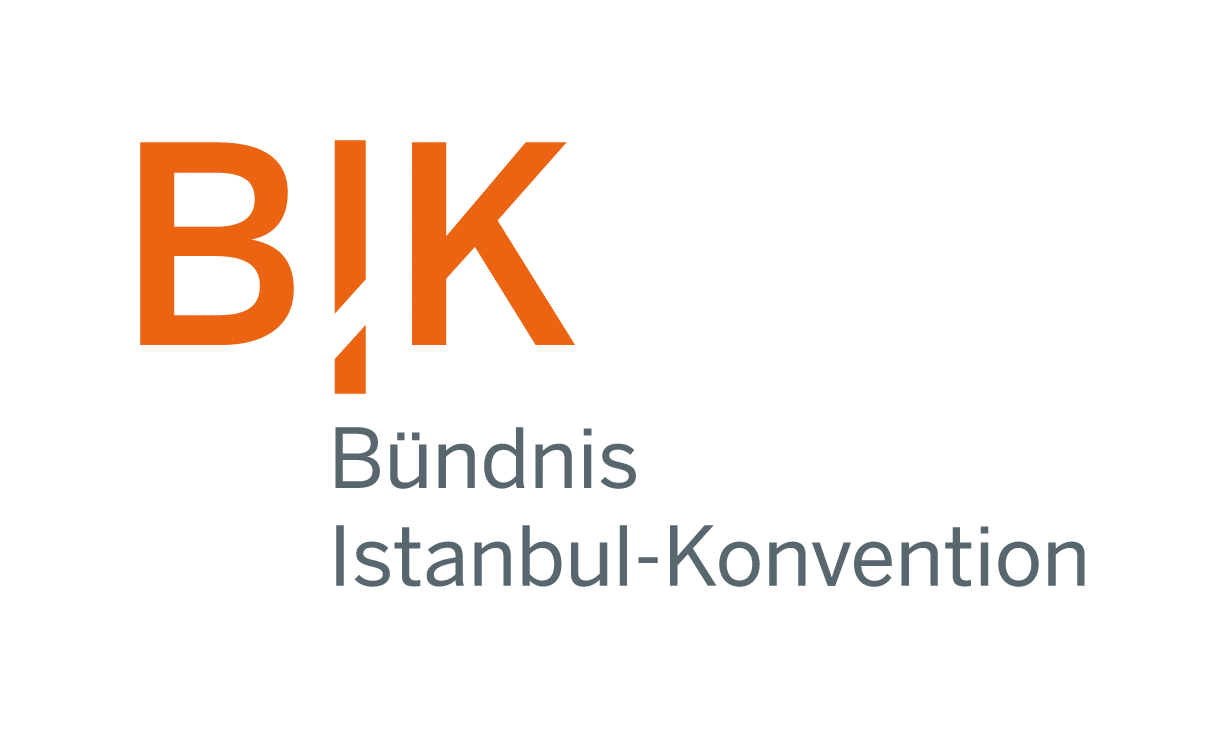Text by Suzanne Hoff, International Coordinator at La Strada International
For NGOs active at national and international levels in addressing the issue of trafficking in human beings, European networking is of utmost importance. From the start, it has been our aim to build a network of anti-trafficking NGOs that work on direct assistance to trafficked people and related vulnerable groups, and to create an adequate network of referral and support to trafficked people within and across borders to ensure they can access justice. The networking among NGOs helps to create a community, a shared commitment, and provides opportunities to meet, exchange thoughts, share information, and learn from each other towards joint actions.
Alongside exchanges on anti-trafficking work and the practical challenges NGOs face in direct assistance work, European networking also provides an opportunity for joint monitoring and exchange on both best and poor practices, policies, and legislation in the anti-trafficking and related fields. It gives us insights into how to effectively leverage or counter developments, policies, and actions.
This networking goes beyond the ‘anti-trafficking CSO bubble’ and also means creating alliances and strengthening strategic partnerships with other civil society groups. It involves engagement in broader social movements working on issues such as women’s, children’s, and human rights, as well as labour, migration, development, and the environment to address the intersections based on a broad assessment of stakeholders and strategy.
Such European networking strengthens us and enables us to align with those who support our goals and to make our demands more visible to others who hold the power to effect change. This includes cooperation with academia, legal professionals, law enforcement, and media, alongside donors and the corporate sector, and a united approach toward governments. This is even more important today, with right-wing populist parties and movements having become a rising force in several EU Member States and at EU level and the setting of a strong anti-migration agenda.
European networking, with the use of (social) media work and campaigning, can help to gain more attention for an alternative narrative, ensuring that trafficking in human beings is portrayed and discussed by the media and politicians in a less sensationalized way and is more grounded in the actual realities, experiences, and needs of trafficked persons.
Goals of La Strada International
La Strada International believes in a world where persons are free to migrate and work in the labour sector of their choice, free from trafficking, exploitation, and abuse, knowing that their rights are respected at home or abroad. To achieve this, La Strada International promotes human rights, women’s rights, labour rights, and migrants’ rights to ensure people are protected by law from exploitation and abuse. We do this with our members by providing access to adequate assistance and support, justice, and effective remedies, and through cooperation with others.
The cooperation with KOK
La Strada’s cooperation with KOK goes back many years. In 2004, we organised the first La Strada – KOK meeting together in Berlin to discuss with anti-trafficking NGOs the obstacles we faced and the ways forward, a dialogue we still engage in today. In 2009, on the occasion of the 20th anniversary of the Fall of the Berlin Wall, we organised the LSI NGO Platform in Berlin jointly with KOK and its member Ban Ying after both organisations joined the informal platform meetings in 2005.
With KOK formally becoming a full member of La Strada International in 2019, this cooperation has grown even stronger. Over the past years, we have exchanged information, best practices, and have run projects and advocacy actions together, in addition to exchanges between our members on direct assistance and support. In 2008, KOK joined the first initiative to launch COMP.ACT, the European Action for Compensation for Trafficked Persons, which ran from 2009 until 2012. From 2010–2012, we also cooperated within the ENPATES project which aimed to set up a system for the functional exchange of knowledge, good practices, and advocacy initiatives in the fields of prevention, assistance, protection, and social inclusion of trafficked persons. This project was followed by E-NOTES (2012-2014), set up to establish a Europe-wide permanent monitoring mechanism. In 2013, KOK joined LSI’s campaign One Story Two Outcomes, a campaign urging governments to fully implement anti-trafficking legislation on the ground by illustrating how the provision of services makes a difference through anti-trafficking stories. From 2012–2014, KOK launched datACT, a joint collaboration of KOK and La Strada International, including research, training, and public debates to promote the rights of trafficked persons to privacy, autonomy, and protection of their personal data. Following this, more joint projects were conducted, including KOK’s involvement in the project NGO & CO addressing NGO-business engagement in addressing trafficking in human beings (2012–2014), in the Used in Europe Campaign and Justice at Last project (2017-2019), which again focused on enhancing access to compensation for victims of crime.
Over the last years, we have also closely collaborated on joint advocacy and statements around the revision of EU legislation, in particular the amendment of the EU Trafficking Directive, the monitoring of the UN review mechanism process, and the work of the OSCE and the Council of Europe’s monitoring mechanism GRETA, as well as research conducted by LSI with its members on the shrinking space of civil society, non-punishment, identification, forced marriage, and the exploitation of surrogacy, some of which is ongoing.
Important joint milestones
Important milestones have included the adoption of the Palermo Protocol in 2000 and the first joint global definition of trafficking in human beings. Both KOK and La Strada International were actively involved in monitoring this process and providing input to the negotiators. We have also cooperated strongly around the proposals and adoptions of the Council of Europe’s Convention on Action against Trafficking in Human Beings in 2005 and the later establishment of GRETA’s monitoring mechanisms and the first EU Anti-Trafficking Directive in 2011, its implementation, and the recent amendments and current application of these amendments. Being able to jointly contribute to these processes – together with others – are important milestones, not only for us but especially for trafficked persons and all those working in this field, as these legal instruments provide rights and access to justice.
Goals for the future
Together with KOK, we aim to further develop our platform, strengthen our membership, and continue building on our services and visibility. We want to remain critical watchdogs, known for our expertise, insights, and reliable services, based on collected information, monitoring, advocacy, and our direct work with victims. We want to continue opposing misconduct, ensuring justice and accountability, and promoting efficient policies and actions. In this context, we also want to address misinformation, inadequate evidence, and data use, and create an alternative narrative.
By collaborating with others, we believe we can enhance and multiply our joint actions and ensure a greater impact. Our guiding question will remain: “Do the people we support have access to justice? If not, why, and what should change?” This question will allow us to continue our work for many years to come, as there is still much to be done.

